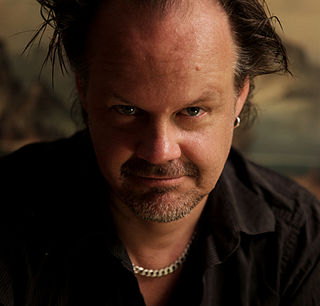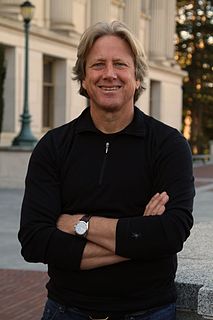A Quote by Deborah Eisenberg
Of course I want to have a deliciously seductive story on the surface which will keep people engaged and amused, but primarily, I'm interested in other things. It's the texture of any given moment that fascinates me: what is really going on between people or in somebody's mind.
Related Quotes
Sometimes I am more interested in the richness of the material with all the stuff we've done which all tell a story to me rather than any single film career I could have, because I really do find myself interested in other people's ideas. I just want to be responsible with an array of things that engage me and feel vital, opposed to the corporate media out there that is just about making the loudest noises possible.
The lives of individuals of the human race form a constant plot, in which every attempt to isolate one piece of living that has a meaning separate from the rest-for example, the meeting of two people, which will become decisive for both-must bear in mind that each of the two brings with himself a texture of events, environments, other people, and that from the meeting, in turn, other stories will be derived which will break off from their common story.
The time that I took between 'Cocktail' and 'Happy Bhaag Jayegi,' a lot of people told me, 'out of sight is out of mind,' and I was like 'Okay, maybe.' And it did happen. Because I wasn't around, people just assumed I was doing other things and was not interested in films which I thought was unfair.
If you have that spark that inspires other people, if you have a spark that gives resources to other people, that shares in really collaborative fashion, a spark of wit that kind of tells a story that gives people novel perspective of something, that's the kind of charisma that really leads to lasting power. It's not the kind of charisma that's seductive and self-aggrandizing. It's really a sort of a kind of social energy that really brings about the best in other people.
People have taught me what most doctors don't learn, in other words, when somebody does better than expected, the doctor will tell them they're doing very well and to keep it up. I learned to say, "You didn't die when you were supposed to so what's going on?", and they always had a story to tell me.
I love chess, and I didn't invent Fischerandom chess to destroy chess. I invented Fischerandom chess to keep chess going. Because I consider the old chess is dying, it really is dead. A lot of people have come up with other rules of chess-type games, with 10x8 boards, new pieces, and all kinds of things. I'm really not interested in that. I want to keep the old chess flavor. I want to keep the old chess game. But just making a change so the starting positions are mixed, so it's not degenerated down to memorisation and prearrangement like it is today.
I'm not really interested in playing famous people. I prefer to create characters. And I hope I have an exciting enough life that somebody might make a movie about that one day. I don't want to make movies about other people. I was once approached about playing Salvador Dali, which I thought would've been fun until I found out that he was proud of kicking a blind man across the street. So, I decided, I didn't want to play that guy. So, I think I'll just keep it the way it is.
We are all refugees from our childhoods. And so we turn, among other things, to stories. To write a story, to read a story, is to be a refugee from the state of refugees. Writers and readers seek a solution to the problem that time passes, that those who have gone are gone and those who will go, which is to say every one of us, will go. For there was a moment when anything was possible. And there will be a moment when nothing is possible. But in between we can create.





































